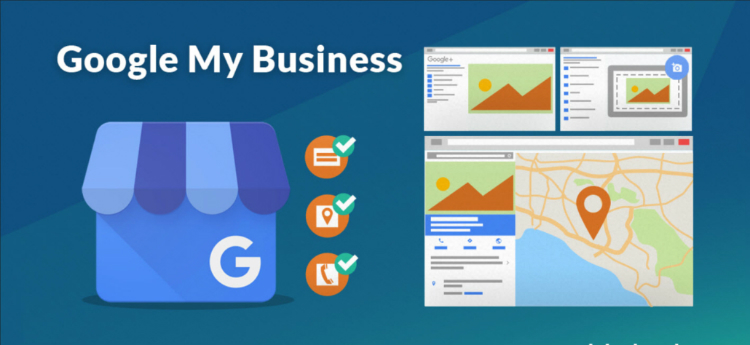Local search engine optimization is incredibly important for businesses of all sizes. Neglect local search engine optimization, and you may never be found by those who search for an accounting firm or other financial institution near them, even if you’re within walking distance of that potential customer. In this article, we’re going to give five simple tips that every financial institution can use to increase their presence on local search engine results, according to local SEO specialist at ESBO.
Prioritize Local SEO
People searching for a financial institution typically do so via a web search. You may not be able to dominate broad search terms like “bank”, “investing” or “insurance”, but any institution can dominate very local results by emphasizing the combination of financial terms and local search terms.
Someone looking for New York loans should come across a website tailored for both local terms like New York and financial products like loans. You wouldn’t have to repeat the term New York again and again. Instead, include references to the region, the cross streets, your neighborhood and local attractions. All of this builds your local SEO with search engines without being too repetitive.
Start with a Citation Audit
A citation is a reference to your business with its name, address and telephone phone number. This is often called the “NAP”. These citations are found across the web in local business directories, industry group listings, review sites and search engine databases.
One of the most important things you can do is audit every citation for your business, ensuring that the information listed for you is accurate and complete. If there’s a mix of correct and incorrect listings, it dilutes your local SEO because search engines aren’t sure where you’re located. This means that conflicting information could cause your business to be missed in “near me” searches or show up lower than the competition that has more consistent location references.
Own Your Google My Business Profile
Next, you’ll need to set up your Google My Business profile. Businesses can enter their information as it appears when someone enters a query related to your business and its location. This is another place to put your correct NAP information and website link. Duplication in this regard is actually valuable in enhancing your local “footprint” with search engines. The Google My Business profile is invaluable to local searchers, since it lets them see correct directions to your business via Google Maps. Be careful about selecting the relevant categories for your business.
Curate Good Reviews
Once you have cleaned up your profiles on a number of business directories, it is time to start curating good reviews. One strategy is encouraging existing customers to add reviews for your business and share their experience, not just give you five stars. Then take the time to review to the reviews, whether good or bad. This shows that your business values what people say about it, and such action may mitigate the harm a negative review can cause.
Don’t Forget On-Page SEO
Local on-page SEO includes all the other places in which your site can include local references. For example, the titles of your website and blogs can include location references. Even better would be a web domain that references your location. You can include local references in image ALT tags and your H1 tag. Use local structured data mark-up as part of your web design.
Local SEO requires a shift from generic SEO strategies. However, it is the only way financial institution will literally rise to the top of the search results and be seen by your most likely customers.








